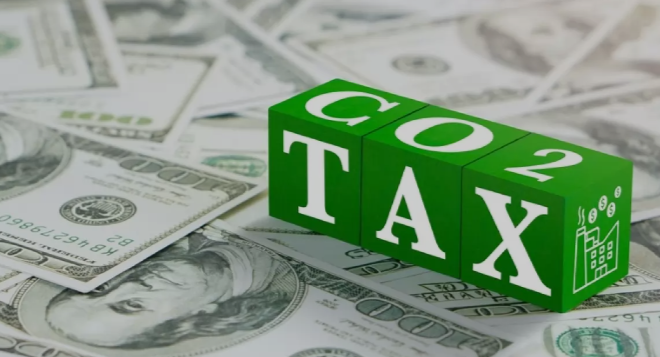

In a recent statement, the Global Trade Research Initiative (GTRI) highlighted that the European Union's suggestion for India to impose a local carbon tax as a workaround to the EU's upcoming carbon tax would offer little respite to Indian industries. Despite implementing a similar domestic levy, Indian exporters would still face the EU's Carbon Border Adjustment Mechanism (CBAM) for their European shipments, GTRI explained on July 31, 2024.

GTRI aims to create high-quality, transparent outputs for governments and Industries on trade, technology, and investment issues from the development and inequality reduction perspective.
The core issue lies in the economic disparity between countries. Carbon prices typically reflect a nation's economic standing, meaning that introducing a local carbon tax in India would not significantly lessen the overall tax burden on its industries.
"While the EU can afford high carbon prices, it may not be sustainable for a developing country like India," the think tank emphasised.
The EU's CBAM will come into full effect on January 1, 2026. However, the urgency of the situation is evident from the fact that from October this year, companies in seven carbon-intensive sectors—steel, cement, fertilizer, aluminium, and hydrocarbon products among them—will need to start reporting their carbon emissions to the EU.
Currently, the global average carbon price hovers around USD 6 per tonne of CO2. Should India establish an Emissions Trading System (ETS) or set a carbon price, it is projected to be less than USD 10 per tonne of CO2. However, Indian firms would still be under the significant financial obligation to pay the EU the difference, which amounts to USD 51.3 per tonne of CO2 under the CBAM.
In summary, the EU's recommendation for a local carbon tax in India does little to alleviate the financial burden on domestic exporters. The disparity in economic conditions and carbon pricing underscores developing nations' challenges in aligning with stringent EU environmental policies.
Responses








